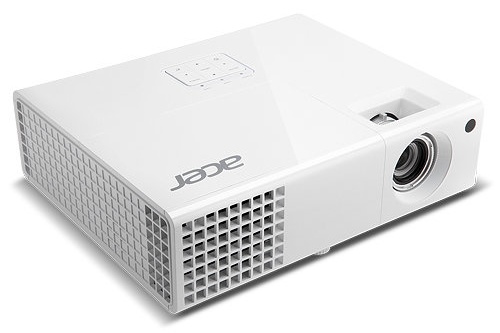
Competition Commission of Pakistan has prepared Deceptive Marketing Guidelines draft for telecommunication companies as part of its efforts to protect consumers from anti-competitive behavior through ensuring compliance in telecom sector sales, marketing, advertising, and communication in all forms across all mediums, online and Point of Sale (PoS).
The draft guidelines have been shared with the Pakistan Telecommunication Authority and other telecom companies and have been placed on the commission’s website for soliciting feedback and suggestions from stakeholders.
The companies have been advised to bear in mind the legal implications that may arise out of certain practices dealing with, like distribution of false information, deception, fine print, disclaimer and qualifications, importance of substantiation of claims, essential terms and conditions, omissions, puffery, price disclosure, comparative advertising, promotional contents and, telemarketing.
The Draft Guidelines present the approach taken by the commission in its decisions regarding deceptive marketing practices and the approach that it may take towards certain marketing practices by telecommunication service providers.
However, the guidelines are not exhaustive and the approach of the commission shall depend upon the particular facts and circumstances of each case. As it is not possible to predict future behaviour of the undertakings involved in the telecommunication sector, the commission will not, in any way, be restricted to look into matters that have not been mentioned in these guidelines.
The effort has been made in the guidelines to provide guidance on what may constitute as deceptive marketing practices and avoid actions that may amount to violating Section 10 and other provisions of the competition act.
The Draft Guidelines have been prepared in light of best international practices after reviewing several documents and guidelines published by jurisdictions namely, the USA, UK, Australia, Canada and Hong Kong, and draw knowledge and experience from jurisdictions that have similar provisions as those of Section 10 of the Competition Act. The principles contained in the guidelines will be applied and further developed and refined by the commission from time to time in individual cases.


